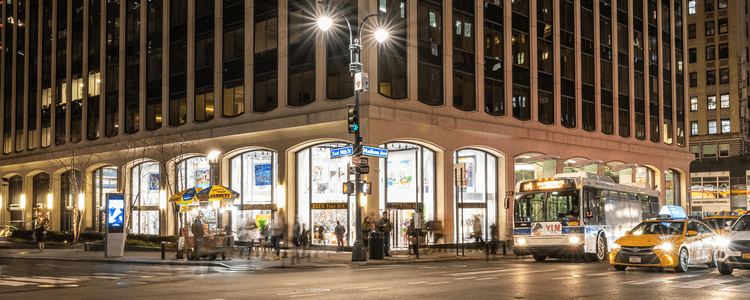In a landmark case shaping the dialogue around generative artificial intelligence and copyright law, a United States District Judge in San Francisco recently addressed a lawsuit involving artists and several AI companies. The case, central to the debate on AI-generated content and copyright infringement, has undergone significant developments.

AI Art Court Case: Copyright Laws
Updated: August 12 2024
During a hearing, the judge expressed a tendency to dismiss most of the lawsuit but allowed the artists to refile with a more detailed complaint. The artists were directed to provide clearer and more substantiated claims against the AI companies, particularly regarding the alleged copyright infringement. This requirement is crucial given the artists' access to one company's source code. The judge highlighted the challenge in proving specific work infringement, noting the AI systems were trained on a vast collection of images.

One artist's claim stood out as an exception. The judge found this particular claim of direct copyright infringement on registered works likely to survive the company's motion to dismiss the lawsuit.
This lawsuit is part of a growing trend of legal actions against AI companies accused of using extensive data without proper authorization to train their AI systems. The artists allege that one company "scraped" billions of images from the internet, including their styles, to train its text-to-image system, constituting copyright infringement. Other companies incorporating this technology into their systems were also implicated. However, the judge was unsure whether the accusations against these additional companies were due to their use of the first company's model or their own methods.

Further, the judge dismissed several claims from the lawsuit, including those against two of the companies. Claims of copyright infringement brought by two of the artists were also dismissed, primarily due to a lack of necessary legal prerequisites, such as image registration. However, the main claim against one company by one artist was allowed to continue, marking a pivotal moment in the case.
These developments shed light on the intricate legal issues emerging with AI-generated art and how copyright law adapts to new technological advancements. The case is closely watched as it may set precedents in how legal systems navigate the intersection of AI technology and copyright norms.
RELATED ARTICLES

EDEN
Updated: December 17, 2025Inside the Minds of EDEN Art Collectors
The Collectors Behind the Canvas offers an intimate look into the lives of EDEN collectors around the world. From Abu Dhabi to Dubai, discover how Dan and Nadia Feldman and Yann and Lana Biojau live surrounded by color, creativity, and meaning—revealing ...

EDEN
Updated: December 22, 2025How to Buy Art from EDEN
How to Buy Art from EDEN is your step-by-step guide to collecting art with confidence and joy. From discovering artists online to receiving personalized consultation and seamless delivery, EDEN transforms buying art into a meaningful, guided experience ...

EDEN
Updated: October 14, 2025EDEN Gallery Madison – A Chapter Closed, A Spirit That Lives On
EDEN Art Gallery Madison opened in 2009 at 437 Madison Avenue, NYC, and remained active until 2025. Although EDEN Madison closed, its influence continues through our larger galleries in SoHo and on Fifth Avenue. The EDEN Madison story is one of growth, ...
Join Our
Stay updated with the latest from the EDEN House of Art—be the first to discover new events, collections, and more!
